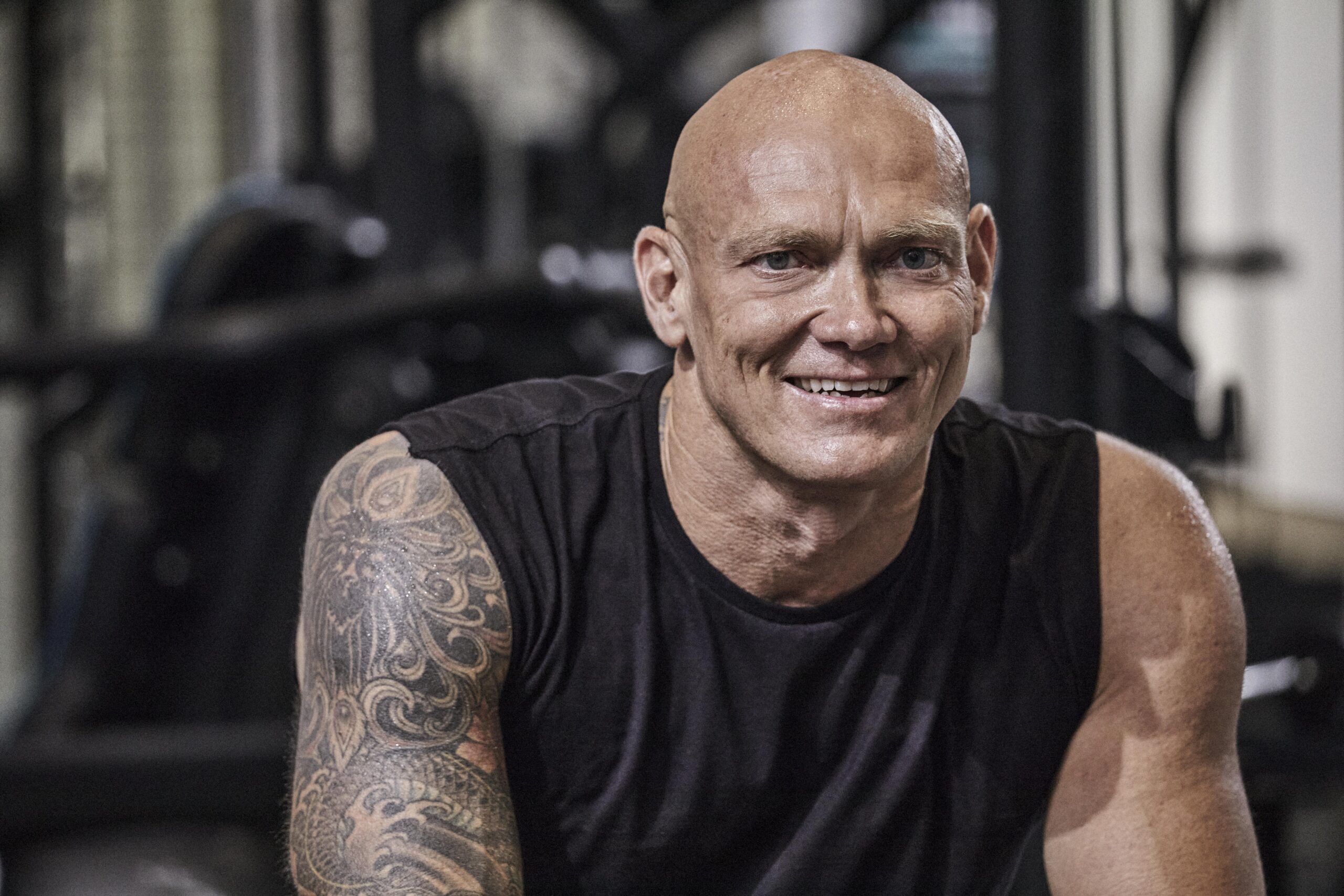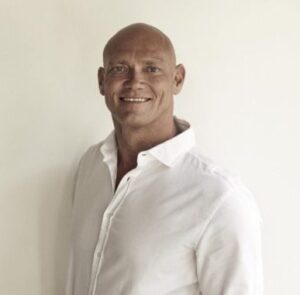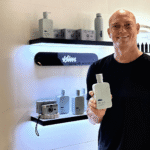Last Updated on February 2, 2026 by Maite
At Greencare, we know that wellbeing isn’t just about physical health—it’s deeply intertwined with our mindset. And I know this from experience, both as an Olympic athlete and in the most recent chapter of my life, navigating an unexpected and life-altering health condition.
Over the years, I’ve come to understand that mindset isn’t just an abstract concept reserved for elite performers. It’s something we all draw on—whether you’re pushing off the blocks at an Olympic final, managing family life, or facing serious health challenges. Your mindset has the power to either propel you forward or hold you back.
The Mental Edge: From Gold Medals to Ground Zero
When I trained for the Olympics, I used to say, “The race starts well before you hit the water.” Every elite athlete knows that physical preparation is only half the battle. What separates good from great is mental resilience. There were times I stood on the blocks feeling like the world was watching—and it often was—but I had to learn to silence the noise. To stay focused. To embrace the pressure.
That mental training served me well beyond my career in the pool.
In 2020, I was diagnosed with CIDP (Chronic Inflammatory Demyelinating Polyneuropathy)—a rare autoimmune disease that affects the nerves. My legs and feet, once my greatest physical assets, began failing me. At the same time, the pandemic closed borders and disconnected me from my family, support network, and care. I was isolated, scared, and for the first time in my life, truly vulnerable.
It was the toughest mental test I’d ever faced.
Mindset Isn’t About Being Positive All the Time
Let me be clear: a positive mindset doesn’t mean pretending everything is fine when it’s not. That kind of forced optimism can actually be harmful. What I’ve learned—through sport, life, and especially illness—is that mindset is about choosing how you show up each day.
“There were days I couldn’t walk unaided, and days I questioned who I was without my athletic identity. But even then, I reminded myself—I’ve been in dark places before, and I’ve climbed out. So I’ll do it again.”
That belief that you can find a way forward—even when you don’t yet know how—is the core of the mindset.
Three Ways to Build a Stronger Mindset in Daily Life
You don’t need to be facing the Olympics or a diagnosis to benefit from mental resilience. Here are three areas where I see mindset and health most powerfully connected:
1. Intentional Goal Setting
Whether I was aiming for Olympic gold or setting new milestones in my recovery from CIDP, goals gave me purpose. But goals have to be realistic. They need to evolve with your life.
“You don’t need a medal to prove progress. Sometimes the goal is just to show up.”
2. Respecting Your Body—Wherever It’s At
One of the biggest shifts for me was learning to appreciate my body for what it can still do, rather than punishing it for what it can’t. Whether you’re recovering from injury, training for a race, or just trying to move more—your body responds to how you treat it.
“At my lowest, I thought I might never walk unassisted again. Now every step feels like a small victory.”
3. Finding Balance, Not Just Hustle
Balance used to be a foreign concept to me. I was all-in, all the time. But burnout taught me that constant output without recovery is a recipe for collapse.
“You can’t give 100% every day and expect to last. True resilience comes from knowing when to push—and when to pause.”
Reframing Recovery as Growth
Today, through my work with Greencare and the Klim Foundation, I help others tap into the mindset shifts that lead to better health outcomes. Whether I’m mentoring young swimmers, speaking at a corporate wellness event, or working one-on-one through wellness consultations, my message is consistent:
“You already have the tools. My job is to help you unlock them.”
A New Chapter of Purpose
My journey now is about more than sport. It’s about advocacy, wellness, and creating something meaningful from adversity. Through initiatives like the Klim Foundation, we’re driving awareness and support for CIDP and other autoimmune conditions.
“I used to chase podiums. Now I chase impact.”
Your Next Step
If you’re feeling stuck, overwhelmed, or disconnected from your health—start with your mindset. Not every day will be easy. But every day is a new opportunity to show up for yourself. Because mindset isn’t just something you have—it’s something you build.
If you’d like to learn how Michael can guide you in building your own balanced, positive mindset, you can book a telehealth appointment with him today. Book here.
Disclaimer: General information only. Not medical advice. Consultations with qualified practitioners determine suitability.












